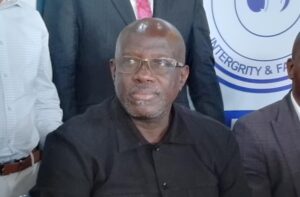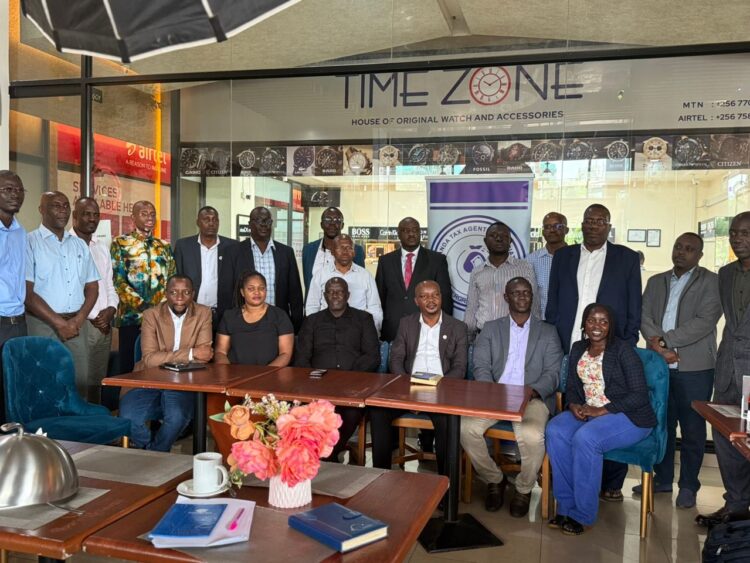By Leonard Kamugisha Akida,
KAMPALA
Tax experts in Uganda have blamed corruption, weak legal frameworks, and lack of accountability for persistent shortfalls in the country’s revenue collection.
Speaking at the Uganda Tax Agents Association (UTAA) Annual General Meeting in Kampala on Friday, practitioners warned that government’s reliance on heavy-handed enforcement without public trust or education is deepening resistance to tax compliance.
CPA Joseph Kalinda Gonzaga, a Kampala-based tax agent, said many Ugandans deliberately avoid paying taxes, citing unfair policies and corruption at the Uganda Revenue Authority (URA).

“Tax by nature is complex. It takes away money a taxpayer would rather reinvest in their business,” Gonzaga said. “People don’t see accountability in how their money is used, which makes them unwilling to contribute.”
According to Gonzaga, most taxpayers feel alienated because they cannot see tangible benefits from their contributions in infrastructure or service delivery.
UTAA chairperson Geoffrey Tayebwa echoed the concerns, warning that limited civic education was widening mistrust between taxpayers and the state.
“Most traders don’t know what taxes apply to their businesses or how to compute them,” Tayebwa said. “The URA leadership has never been in business. They sit in ‘air-conditioned’ offices and only wait to collect taxes, yet taxpayers need guidance and understanding.”

He pointed to the Electronic Fiscal Receipting and Invoicing System (EFRIS) as a case study in poor communication.
“EFRIS is not a tax but a monitoring tool. Traders misinterpreted it as an additional tax because URA failed to explain it properly,” Tayebwa noted, pledging that UTAA would step in to provide education.
Dr. JT Nyangenya, Managing Consultant at JT Peculiar Consult (U) Limited and a UTAA member, argued that taxation is inherently political since new taxes and policies are passed by Parliament. He urged government to consult stakeholders before imposing levies.

“This will go a long way in protecting investors’ interests while boosting government revenue,” Nyangenya said, adding that Uganda’s investment potential remained under exploited.
During the AGM, UTAA also elected a new leadership team that will oversee the association’s activities for the coming term. The incoming leaders pledged to intensify taxpayer sensitization campaigns aimed at demystifying tax systems, laws, and compliance obligations, while calling on URA to prioritize accountability and civic education over enforcement.








































